Build Real Confidence with the Turnaround
Barry Michels and Phil Stutz respond to a caller’s concerns about her need to rehearse future interactions in her mind, on the Ask the Shrinks podcast, Vol 1.
Amy V: I waste a lot of time rehearsing in my mind how future interactions with people are going to go. Many times it's not even negative, but the reality is the interactions almost never go the way I think they're going to go, and it turns out I've wasted a ton of mental energy.
Why can't I just be quiet in my mind and trust that the interaction will evolve in some kind of good way? It feels like I have a Part X that gets overly enthused and I find the excitement exhausting. I'm looking for ways to find more steadiness of mind and a slower, steadier release of mental energy.
BARRY: All interactions are uncertain. You never really know how they're going to go or what the other person is going to say and what you're going to say in response, etc.
So even though it might seem like you're Part X is enthused about the rehearsal, the truth is, on a deeper level, Part X is terrified. It just can't stand the uncertainty that's built into every interaction, and it doesn't believe that you have the ability to go with that uncertainty and simply improvise in the face of it.
STOP REHEARSING
Each rehearsal is an attempt at predicting and controlling the way the interaction goes, and that's not good for you because you can't predict or control it.
The way to find out if that's accurate is to stop rehearsing. If you start to feel nervous about interactions, we’ll know that this hypothesis is correct—that Part X is only enthusiastic about rehearsing because it hides its terror.
What you gain from this is the ability to interact and the ability to improvise—and you'll become much more confident that you don't need to prepare in advance.
PHIL: I think this is a very fundamental description of something that happens all the time, and people just aren’t fully honest about it. Human beings are unpredictable. If you put two of them together, and there’s any kind of interaction at all, you’re deep into the world of uncertainty. Anything that has spontaneity in it, anything that has flow in it, by definition only exists in this world of uncertainty.
So the real question is, how do you deal with uncertainty?
The first thing you need to have is radical acceptance. Give up thinking things are supposed to be certain, that you’re supposed to control them. That only makes it worse. Interactions between human beings—whether you're putting on a play, confronting somebody in your family, or trying to build a house, or even just sitting there talking to each other—these all require uncertainty. They require flow.
Flow is uncertain by definition, which is why it’s hard for philosophers and scientists to define it. It keeps moving and you can’t capture it in words. Words aren’t going to help you in the unknown.
THE TURNAROUND
There's only one thing you can bring into the unknown, and that's called a Turnaround. It’s like a U with a fish hook on the upper right side, which is just there to show the direction of movement.
You start at the upper left side and you slide down, down, down. You slip into the hole at the bottom of the U. The hole could be anxiety, a phobia, losing your cool at someone—it doesn’t matter. There are a million examples. You know what your own problems are that cause you to slip into a hole.
Let's say, for example, someone hurts your feelings and you’re obsessing about what they did and said to you. Maybe you want to demand an apology or get revenge. You’re at the bottom of the U at that point and you need to do a turnaround to get out of that state.
To do that, you need a Tool. The Tool will help you come back up the right side of the U.
Now, what does all this have to do with rehearsing? The answer is that going through the Turnaround over and over again builds confidence. Not the kind of confidence that’s based on an ability to avoid bad things happening but based on your ability to recover after the bad thing happens.
BARRY: I'll give you an example of this from 30 years ago. When I first met Phil, I was a beginning therapist and I was terrified of the spontaneity of a session with a patient. I would literally write down what I was going to say to the patient in case I ran out of things to say beforehand.
I remember you saying to me, “It's okay, write it out, write it out.” But you also said, “The moment a patient walks in, forget about what you’ve written and interact with them.”
IMPROVISING
What I found is that I didn't always know what to say and sometimes I’d wind up at the bottom of the U, lost and alone and out of flow. But those turned out to be the most significant moments for me because I had to improvise. I had to let it flow up from out of my unconscious and, much more frequently than I ever would have predicted, I did it successfully.
What you’re describing as going through that again and again and again—that's what confidence is. If you can repeatedly get in the middle of an interaction and have an uncomfortable moment because you don't know what to say or you're anxious but then you recover, there’s really no interaction that you have to be afraid of.
PHIL: That's correct. People think confidence is that they think a lot of great things are going to happen. Now, some good things may happen, but nothing is uniformly positive. The idea that I would be confident based on my prediction of the future is a ridiculous expectation.
Real confidence is very different. Real confidence says, “I know some bad things are going to happen, maybe a lot of them, and I know I’m confident I can recover from them. The ability to recover doesn’t require you to predict the future in any way, just the opposite.
BARRY: It’s based on how many times you've turned it around in the past.
PHIL: Yes, and that's real confidence. Knowing something bad may happen, but knowing you can recover from it quickly.
By the way, if you have kids, you can start teaching them this by the time they’re 8 or 10 years old. With kids it’s good to define it as a skill. If you try to connect it to any kind of psychology, it’ll be a disaster. They’ll listen to you for about 30 seconds!
The other interesting thing about this is that when you enhance your ability to go into the unknown, you’re also enhancing your creativity. That’s the way our minds work—we try to connect things that don’t seem to be connected. But once you get the idea that everything is connected, then there’s always an opportunity to work on yourself and make yourself stronger.









